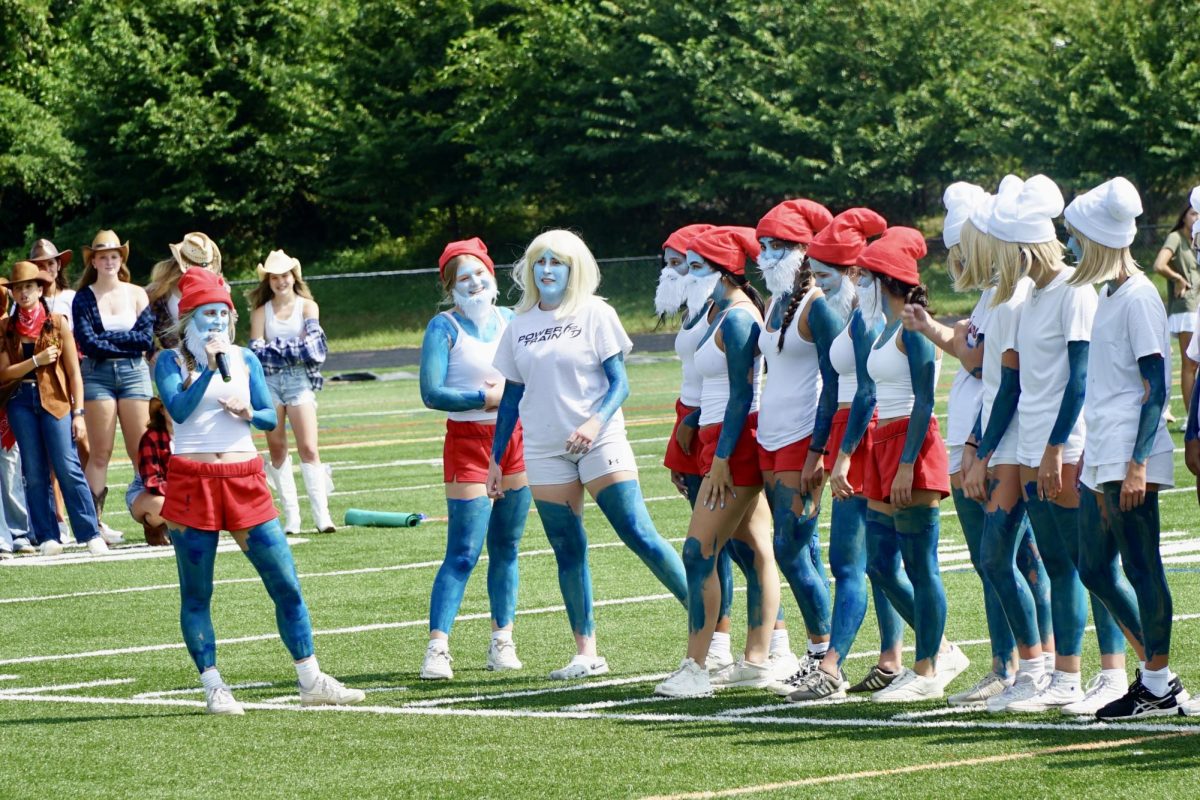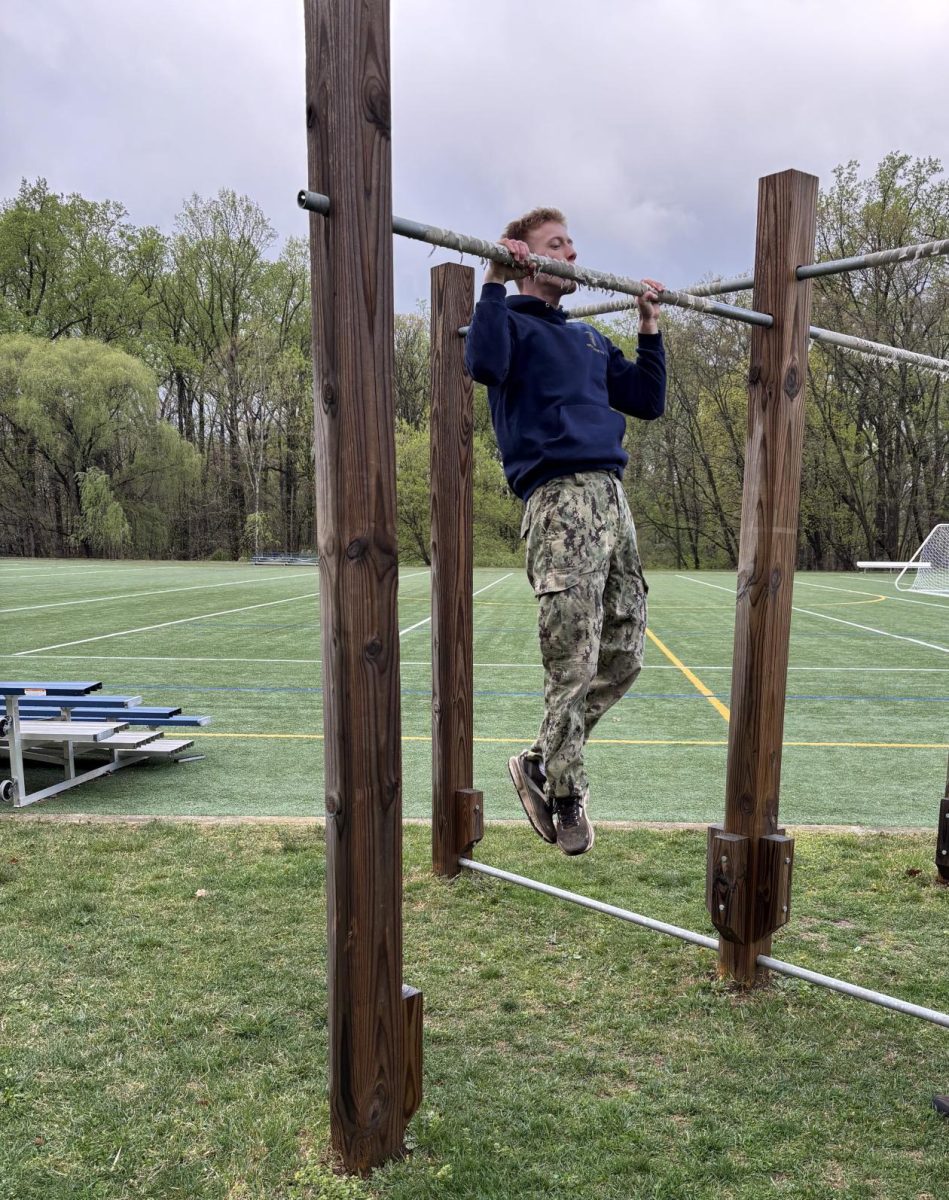New pep rally rules aim to end freshman “hazing” traditions
For years, pep rallies have held traditions that students have looked forward to once a marking period. Each varsity sports team will decide on a theme for their group costume to represent their sport. Sometimes silly and sometimes awkward, these team pep rally attire are designed to make the crowd laugh and get excited for the season.
Recently, stricter guidelines have been implemented for how varsity sports can present themselves. In an effort to eliminate hazing, all varsity teams are now required to wear unified costumes regardless of grade level. According to administration, what used to be considered “tradition” is now classified as a form of hazing. This change impacted many sports teams and their costume plans, as prior to this, teams would wear grade-specific outfits. Now, there is no more singling out the freshman.
The policy has come with a county-wide push to create more inclusive environments in school athletics. At WJ, this means ensuring students aren’t feeling isolated at events like the school pep rallies.
The decision has sparked some mixed reactions among the student body. Some praise the new policy for making pep rallies more inclusive, while others have reminisced about what they saw as a rite of passage into varsity teams.
“I believe that it can be important that we set standards for students to ensure everyone’s safety,” senior class president Anna Jhon said. “Though, I recognize that a lot of students have pointed out that a lot of costumes from previous years were a way to show the fun and keep on traditions, so I do recognize that many students are disappointed by this change.”
Just months into implementation, the new policy has already had a direct impact on teams. This spring, the girls’ varsity soccer team had planned for the freshmen on their team to dress as Gargamel, a character from the movie “Smurfs,” complete with bald caps and scarves, while the other grades would be a variety of Smurfs. When the administration got wind of this, their plan was called off.
“[Athletic Director Larry] Hurd told us that we couldn’t because it was harassing,” girls’ varsity soccer captain Erin Carr said. “They were like, ‘no grade can be a different costume.’”
She added that the team was frustrated with the decision, not because they wanted to make anyone uncomfortable, but rather, they saw this as an opportunity for the freshman to earn some recognition.
“I think it was kind of annoying, because if they [the freshman] actually felt embarrassed, they could’ve told us,” Carr said. “I feel like they would’ve been like ‘It’s kind of cool to be a freshman on varsity,’ and having that [costume] would have helped them to stand out.”
But not everyone has had such positive outlooks and experiences with pep rally traditions. One boys varsity soccer player reflected on his freshman year when he showed up to a pep rally only to be surprised with a hot dog costume he hadn’t agreed to.
“I kind of felt a little left out. I didn’t know I was going to wear the hot dog, to be honest,” sophomore Natty Mekonnen said.
Still, Mekonnen didn’t see it as full-on hazing, and this year, he noticed a big shift in the atmosphere.
“Nah, it wasn’t hazing. I kind of made the choice,” Mekonnen said. “And this year is very different from last year. They are very strict. This year we all wore the same thing,”
The debate is now centered on the boundary between team spirit and unnecessarily singling people out. Staff point out that the pressure to agree can be intense, and not every student feels comfortable speaking out, especially when they are the youngest on the team.
The goal of the new policy isn’t to kill tradition, administrators believe, but to rethink what school spirit looks like. Whether students agree or not, the message has become clear that school spirit shouldn’t come at the cost of student comfort.
“As long as it is treated respectfully and the student can agree to it on their own terms, I don’t think it’s hazing,” Jhon said.









